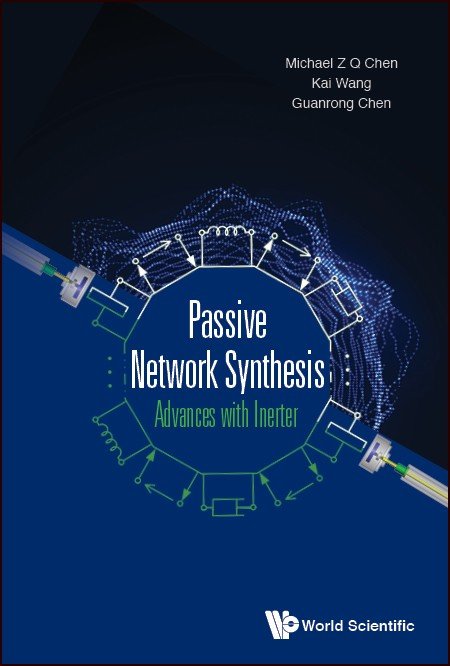System Upgrade on Tue, May 28th, 2024 at 2am (EDT)
Existing users will be able to log into the site and access content. However, E-commerce and registration of new users may not be available for up to 12 hours.For online purchase, please visit us again. Contact us at customercare@wspc.com for any enquiries.
After the invention of a new mechanical element called "inerter" in 2002, research interest in passive network synthesis has been revived and this field has again become active and essential.
The unique compendium highlights the synthesis of passive electrical or mechanical networks, which is motivated by the vibration control based on a new type of mechanical elements named inerter. It introduces important fundamental concepts of passive network synthesis, and presents recent results on this topic.
These new results concern mainly the economical realizations of low-degree functions as RLC networks (damper-spring-inerter networks), the synthesis of n-port resistive networks, and the synthesis of low-complexity mechanical networks. They can be directly applied to the optimization and design of various inerter-based mechanical control systems, such as suspension systems, vibration absorbers, building vibration systems, etc.
This useful reference text provides important methodologies and results for researchers in the fields of circuit theory, vibration system control, passive systems, control theory, and electrical engineering.
Sample Chapter(s)
Preface
Chapter 1: Introduction
Contents:
- Introduction
- Preliminaries of Passive Network Synthesis
- Biquadratic Synthesis of One-Port RLC Networks
- Synthesis of n-Port Resistive Networks
- Mechanical Synthesis of Low-Complexity One-Port Networks
- Future Outlook
Readership: Professionals, researchers, academics, and graduate students in circuits & systems, control, systems theory, mechanical engineering, E&E engineering.
























